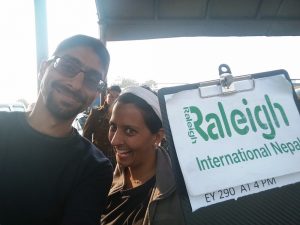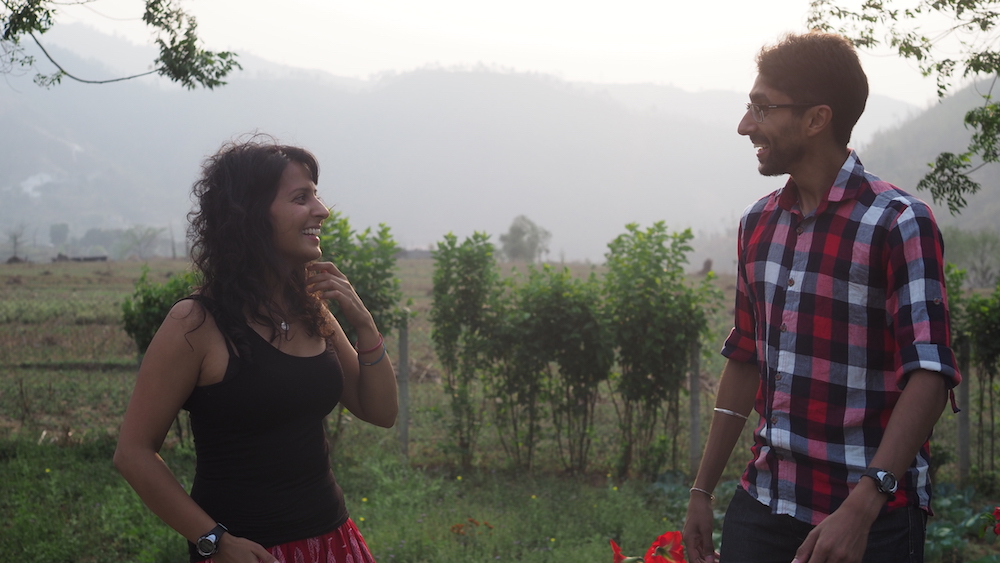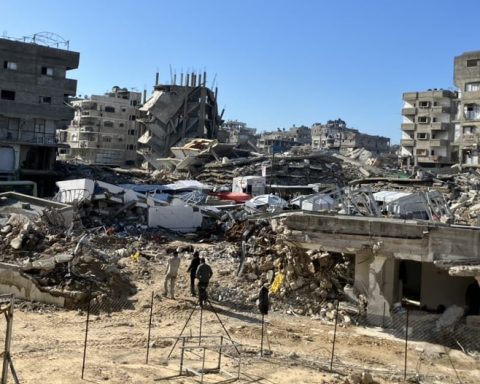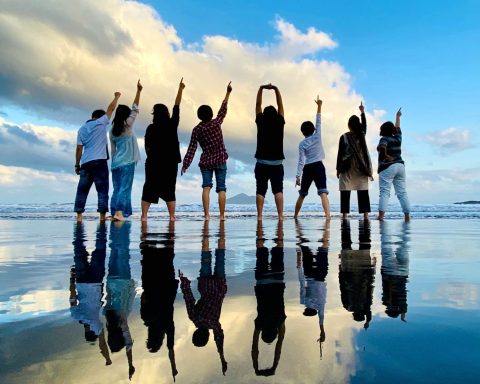 Karan Ghatora is a GP with interests in pre-hospital and aerospace medicine. Rachna Patel is a GP interested in new experiences, constant learning and development.
Karan Ghatora is a GP with interests in pre-hospital and aerospace medicine. Rachna Patel is a GP interested in new experiences, constant learning and development.
Namaste! We were GPs looking to provide medical support for a worthwhile cause, whilst furthering our personal and professional development. Enter Raleigh International. Raleigh is a non-government organisation which specialises in placing young volunteers abroad for sustainable development. The ICS (International Citizen Service) introduced in 2012 selects volunteers aged between 17- 23 to attend pre-deployment training in their own and host country, before departing on three-month projects. Currently Raleigh runs expedition projects in Nepal, Tanzania, Nicaragua, Borneo, and Costa Rica, with the ICS vein running in just the first three of those countries.
Healthcare in Nepal is a mixture of private and government funded systems, the latter aiming to provide free healthcare to all Nepalese. Government hospitals are poorly funded and often hygiene is problematic. Life expectancy in Nepal is 68 for males and 71 for females – compare with the UK at 79 and 83 years respectively. COPD, IHD, stroke and respiratory infections account for greater than 60% of deaths. Healthcare services are not easy to reach and, where Raleigh operated, we often heard of patients travelling over an hour to access aid.
Twelve projects ran: each team consisted of 10-14 volunteers, a mix of the youth of Nepal and the UK. The families of the villages where the volunteers were based provided host homes, and local project partners aided each group to achieve sustainable development projects, such that the communities could continue long-term development.
We made week long support visits into the nine communities, and ran monthly drop in clinics for all volunteers.
Our work began before deployment of volunteers. As team leaders arrived, we delivered a hands-on course that included: life support, emergency evacuation, and treatment of common medical conditions. Logistically we sourced and prepared medical kits for each volunteer and a larger box for the group consisting of everything else. This included emergency treatment options such as facemasks, guedel airways, pain management, and antibiotics. We found procurement of medical supplies surprisingly easy. Our challenge was sourcing in-date medications from reputable sources.
Once deployment commenced, we went live, providing 24/7 medical support. The base office is in the Lalitpur region of Kathmandu. We made week long support visits into the nine communities, and ran monthly drop in clinics for all volunteers. Mostly we triaged cases: gastroenteritis, dehydration, insect bites, allergies, musculoskeletal injuries and mental health. Anxiety and depression were common amongst many volunteers. We provided ongoing support for flares of pre-existing medical conditions such as epilepsy and asthma.
On occasion emergency vaccinations for rabies exposures were needed. The majority of our medical work was done via the telephone –improving our triage skills. We completed some reconnaissance on hospitals in Kathmandu and those local to the villages. Knowing who stocked antivenom, where we could get basic blood work and imaging, the nearest emergency department, were key things we wanted to know.
Raleigh has a very robust medical and emergency evacuation protocol practiced in ‘real’ life simulations. During our time there were no real casevacs, or casualty evacuations, but there were instances where we accompanied volunteers to hospitals to see specialists – this was an experience in itself!
Raleigh gives you the opportunity to be as involved and creative as you like, aside from our medical duties we were temporary fundraisers, and helped to organize some of the extremely enjoyable activities. These included a dance off, talent contest, and creating a music video set in the village, really allowing us to work as part of a team and diversify our skill set.
All in all, working with the Raleigh Nepal ICS program was a unique, rewarding, and great opportunity to work with a fantastic community of engaging young people, supporting them on life changing projects both affecting their personal development and the futures of those in the communities.






